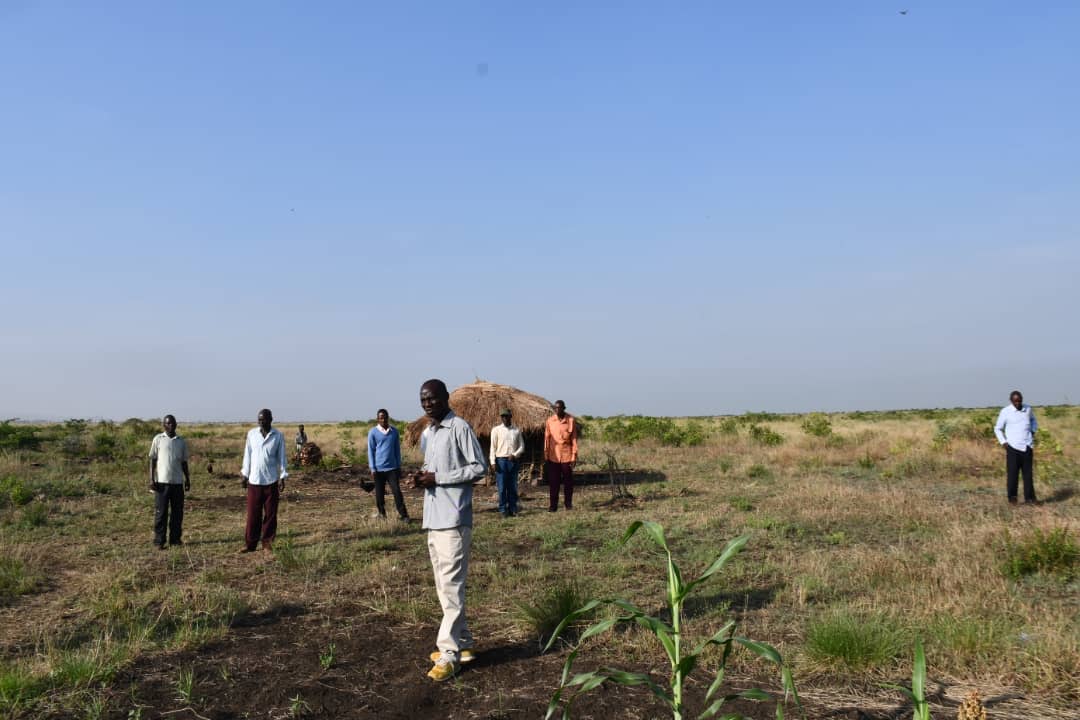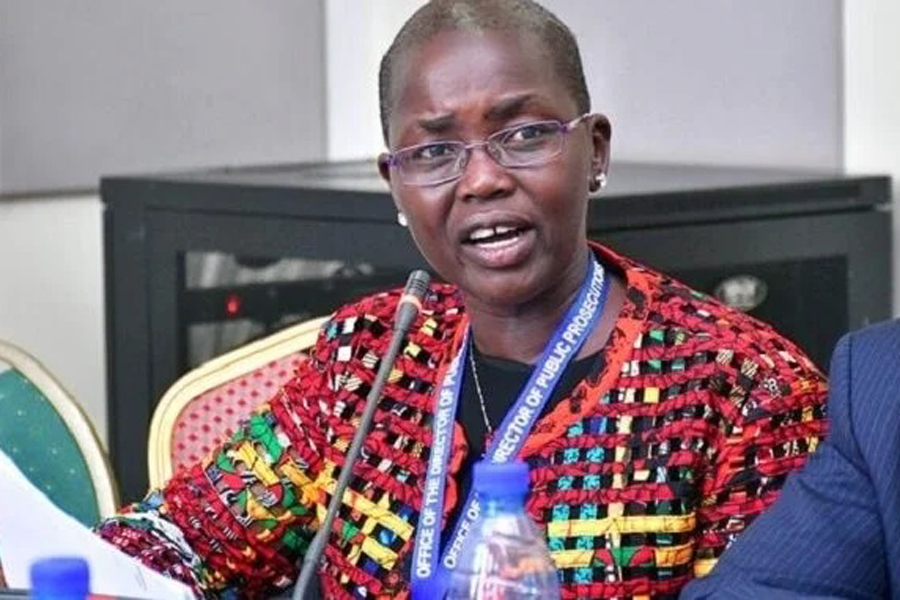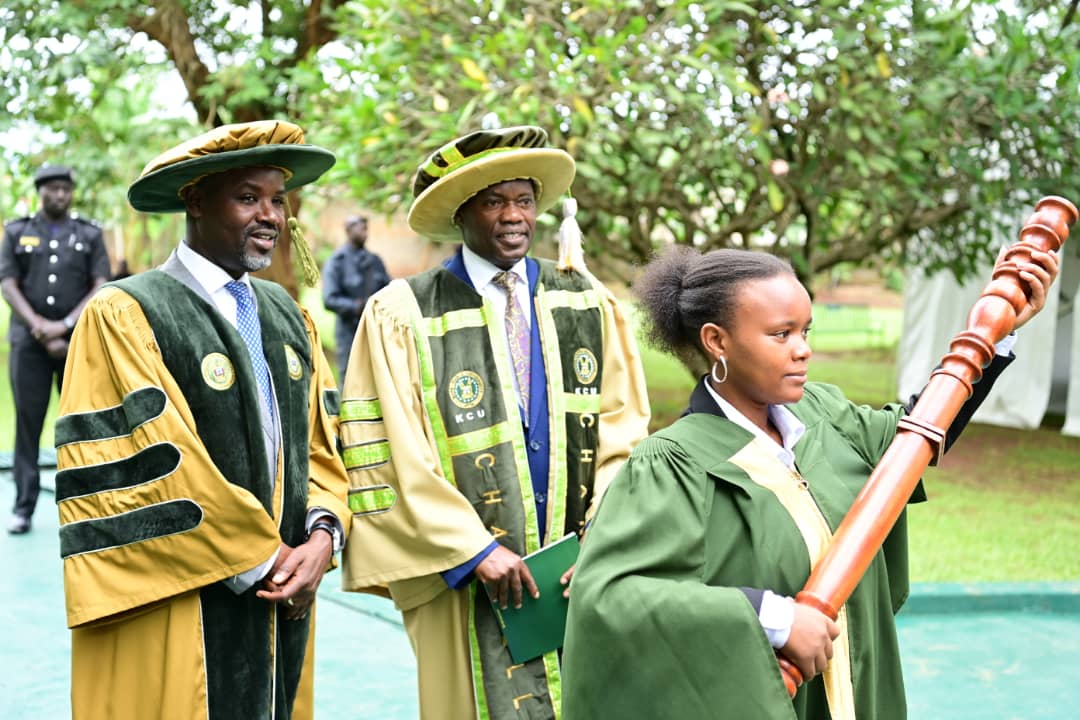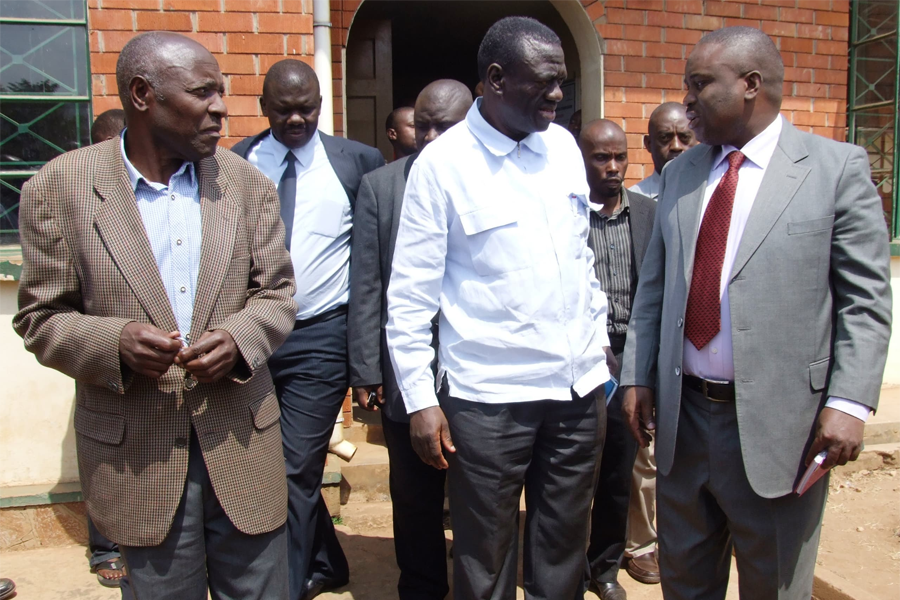URA says many manufacturers are now complying to digital tracking
On November 1 2019, Uganda Revenue Authority commenced the implemented the Digital Tracking Solution (DTS), a technology solution that was sought to aid tax administration to mitigate revenue losses.
The solution was designed to deter existing deficiencies in tracking and tracing of locally manufactured and imported products, which had contributed to less than adequate tax receipts from the manufacturing sector as well as importation of excisable products.
The Digital Stamp is a mark /label applied to goods and their packaging and contains security features and codes to prevent counterfeiting of goods and enable track and trace capabilities.
Ian Rumanyika, the URA acting assistant Commissioner Public and Corporate Affairs told The Nile Post that overall, the DTS implementation status stands at 257% in terms of on-boarding taxpayers that were originally skeptical about using DTS at inception of the project.
He noted 406 sites have been registered out of the target of 140 sites adding that 317 manufacturers of the gazetted products have been registered against the 107 manufacturers, representing a 262% performance.
Similarly, he said 89 importers of the gazetted products have been registered against 33 importers scoped at inception, representing 249% performance noting that the DTS implementation for cement and sugar which started on April 1 2021, stands at 55.5% in terms of on boarding local producers scoped to use DTS
"The number of taxpayers using DTS and contributing to Local Excise Duty (LED) collections has increased significantly with One hundred and nine (109) taxpayers on DTS paying LED in April 2021 compared to forty-three (43) taxpayers in April 2020, a year-on-year growth of 153," he said.
According to Rumanyika ,the current financial year has registered 11.6% year on year growth in Local Excise Duty collections from 211 manufacturers using DTS and this is from the start of this financial year to April-2021, compared to the same period last financial year.
"More taxpayers are using DTS and paying Local Excise Duty (LED), with One hundred and nine (109) taxpayers on DTS paying LED in April 2021 compared to forty-three (43) taxpayers in April 2020, a year on year growth of 153%,”he said.
Rumanyika said the alcohol products prescribed for DTS as well as those listed in the second schedule of the Excise Duty Act do not fully exhaust all alcoholic beverages in the market. He said this has led some local producers to hide behind this product and compete unfavourably, with a cost advantage due to non-payment of excise duty or tax stamp fees.
He explained that the new policy changes will address this challenge.
"Stamp forgeries has led to a lot of fake products being found in the market which is a major revenue leakage. URA has increased its surveillance and a number of have been apprehended and fined. We encourage the public to be on the lookout and buy only genuine stamped products. A mobile application will be launched soon to enable consumers verify the genuine stamps," he stated.
He said that they are at 55% implementation for both manufacturers and importers of cement and sugar and a three-month transition period was granted to the manufacturers and importers of the prescribed products to register and acquire the digital tax stamps while exhausting any un-stamped products.
"Enforcement on DTS usage will take effect July 1 2021, whereby those that have not yet come on board will be asked to account for any un-stamped products we find in the market," he said.













